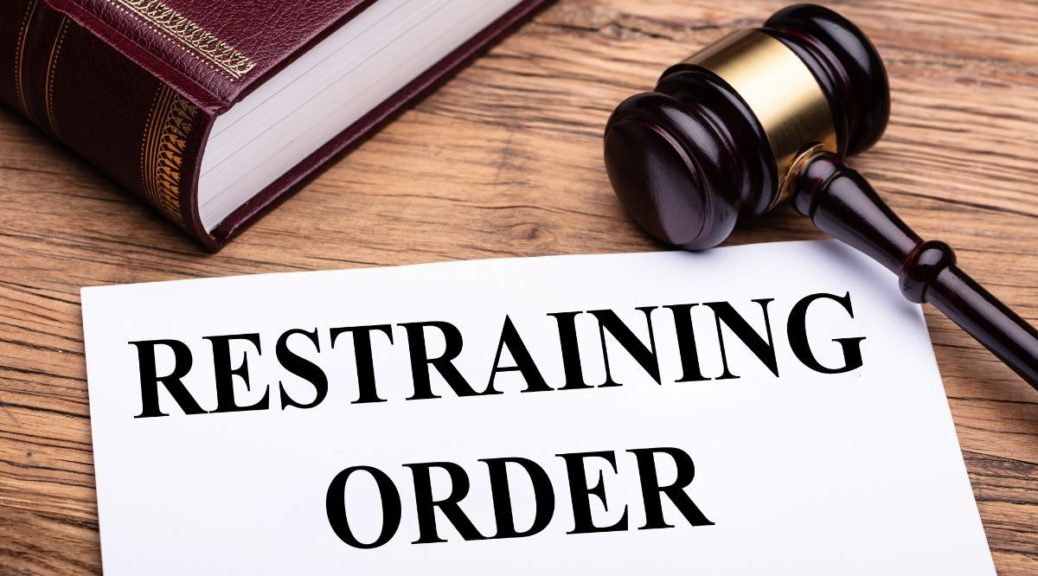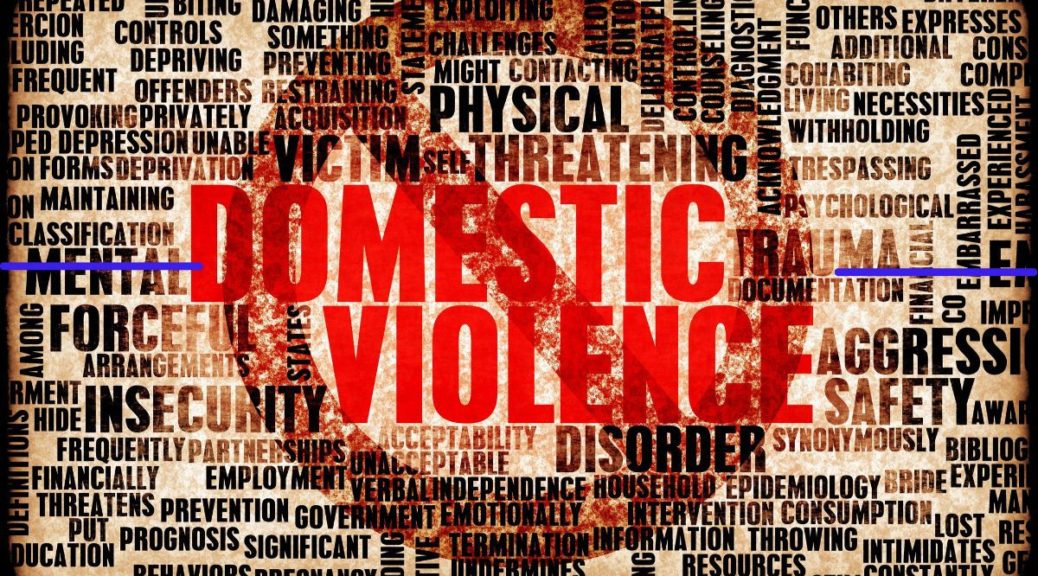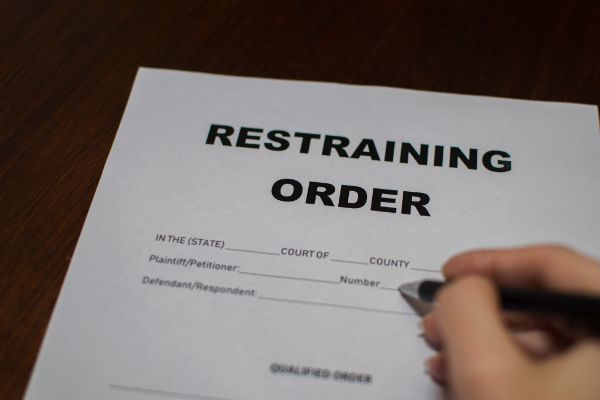Before reading this article, please remember that your Internet activity can be monitored. Make sure you clear your browser history after reading or after viewing any site related to domestic violence. If you or your children are currently in danger, please call 9-1-1- or the National Domestic Violence Hotline at 1-800-799-7233. Also, please contact an attorney about getting a domestic violence restraining order. The following blog gives you some vital information about these restraining orders.
Understanding Domestic Violence
We typically think domestic violence only occurs between people who are dating or married – in other words, intimate partners. However, the scope is much broader and includes:
- Former intimate partners,
- Someone with whom you have had a child, and
- Close relatives, including parents, children, brothers, sisters, and so on.
Also, the term domestic violence does not exclusively refer to serious physical injuries. In fact, the following behavior is considered domestic violence:
- Intentionally or recklessly hurting you,
- Threatening or promising to hurt you,
- Sexual assault,
- Harassing, stalking, disturbing the peace, or destroying your personal property.
Have you experienced any of the behavior listed above? It might be time to consider getting a domestic violence restraining order.
The Courts and Your Domestic Violence Restraining Order
California family courts offer avenues through which you can get relief from your situation. For example, domestic violence restraining orders can restrain someone from:
- Contacting you and the people close to you;
- Going to the places that you frequent, including work, home, and school;
- Having a gun;
- Withholding child support or spousal support;
- Making financial or insurance decisions that affect you;
- Refusing to return your property.
Your domestic violence restraining order cannot terminate your marriage. You will have to file a divorce petition to do that.
What’s Next?
The process for getting domestic violence restraining order is as follows:
- Ask the court for the order.
- If the judge grants your request, your first order will be temporary until a hearing can be held.
- Your request is served on the person who is harming you.
- You and the other party appear at a court hearing, where the judge decides whether to continue or cancel the domestic restraining order.
Always keep copies of court orders. Also, we gently encourage you to have an attorney represent you throughout the court proceedings.
Call to Discuss Your Divorce and Domestic Violence Restraining Order
Divorce is stressful. Domestic violence ramps up the distress, but you don’t have to do this alone. Your legal representative can walk you through the divorce process, especially if you need a domestic violence restraining order.
The attorneys at the Law Offices of Judy L. Burger are experienced at all phases of divorce, legal separation, and annulment. Call us at 415-293-8314 to schedule a private appointment or visit our website. We assist clients along California’s Northern to Southern Coast, including San Francisco, Beverly Hills, Gold River, San Diego, Santa Barbara, Ventura/Oxnard, and surrounding communities.











